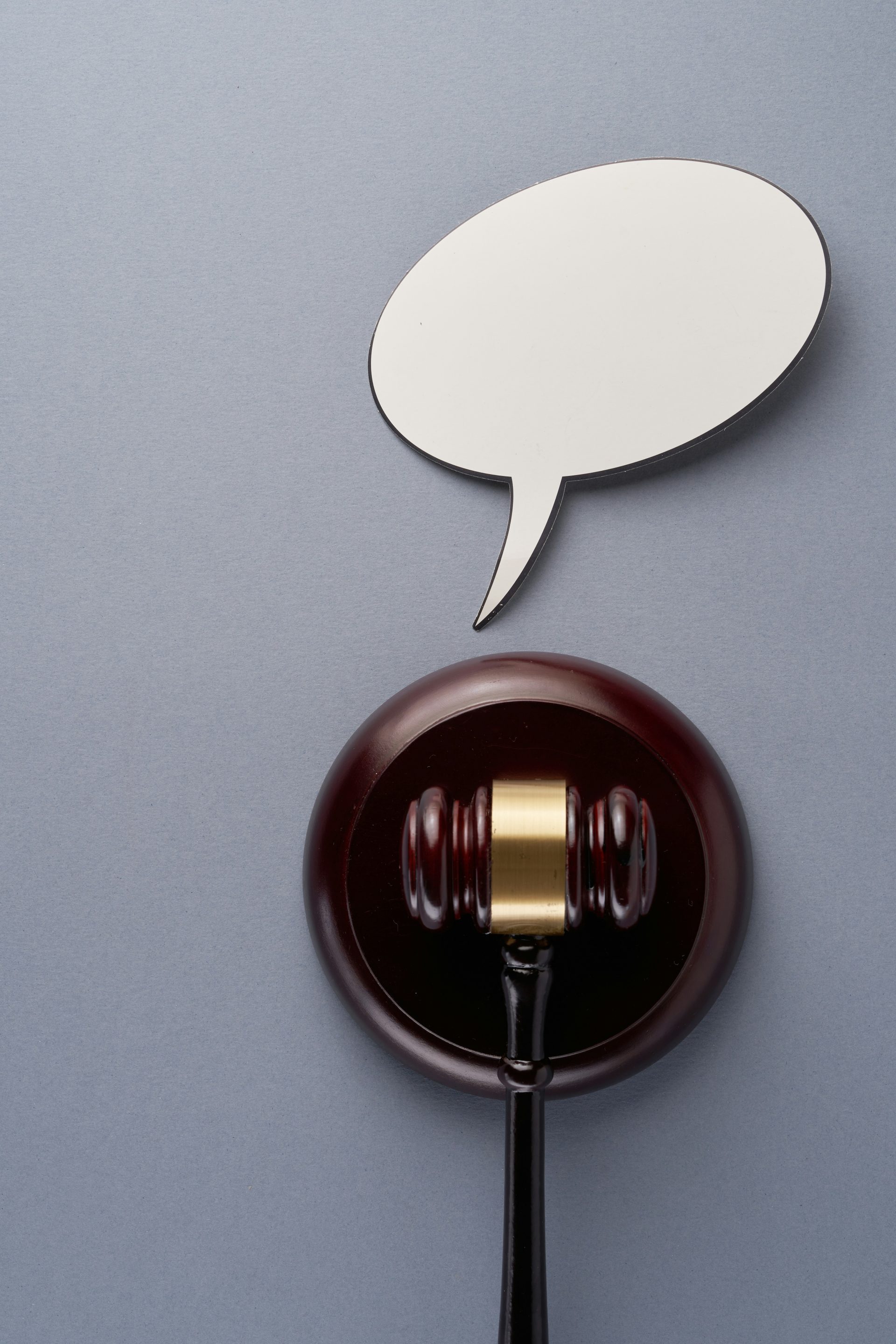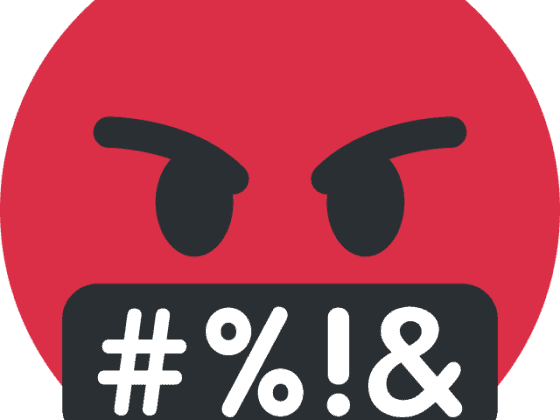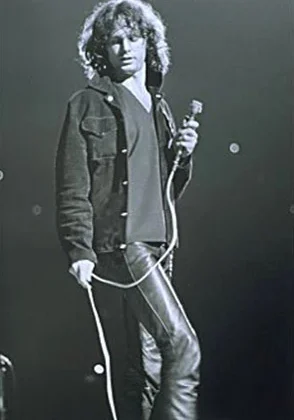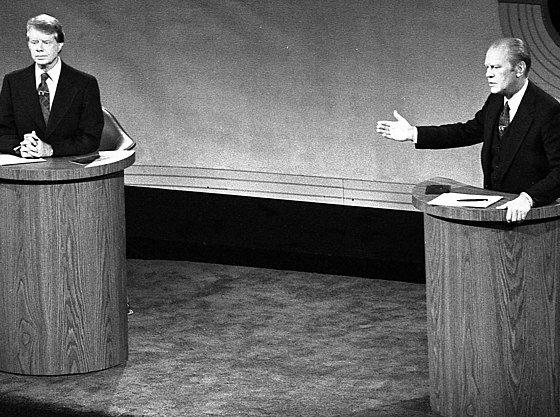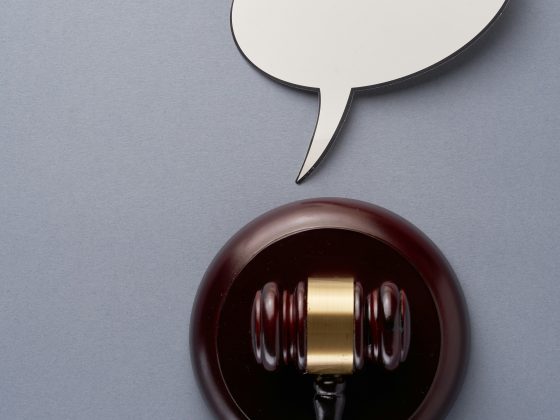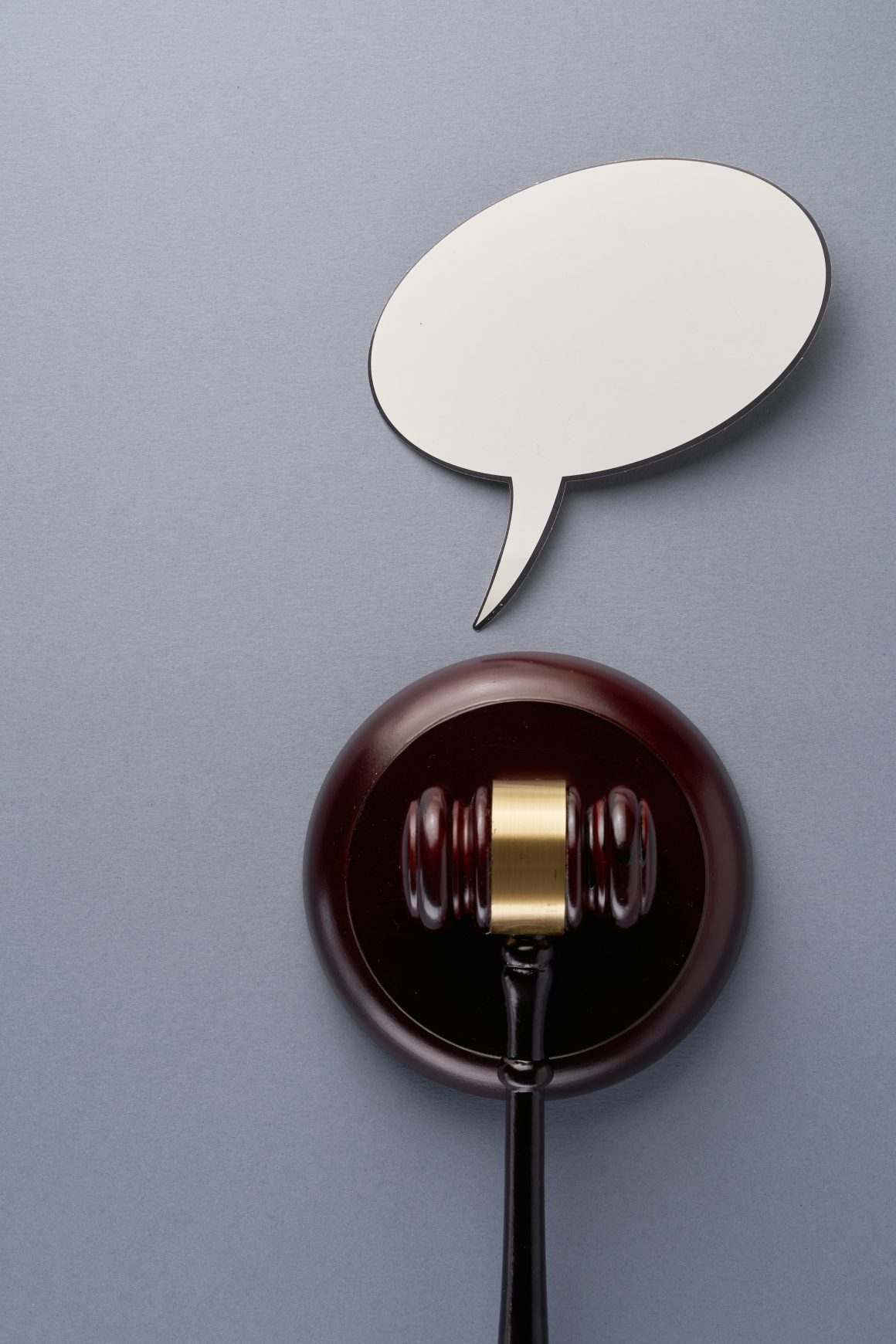
To all the pearl-clutchers and book burners, the snowflakes and broflakes; to the misfits and minions, the flamethrowers and peacemakers; the cynics and dreamers, to every person with something to say or someone to silence – free speech was and will always be a never-ending battle.
1791 – The history of free speech officially started with the addition of the First Amendment to the Constitution:
The First Amendment provides that Congress make no law respecting an establishment of religion or prohibiting its free exercise. It protects freedom of speech, the press, assembly, and the right to petition the government for a redress of grievances.
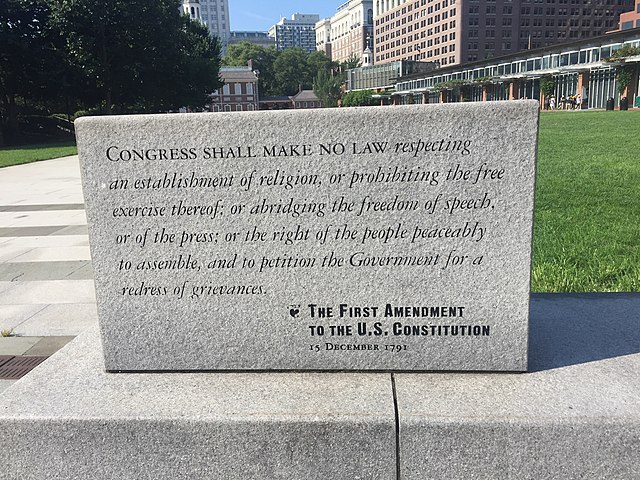
1798 – President John Adams passed the Alien and Sedition Acts of 1798, which made it a federal crime to criticize the government. Condemning the acts as witch hunts, Thomas Jefferson pardoned all convictions when he succeeded Adams.
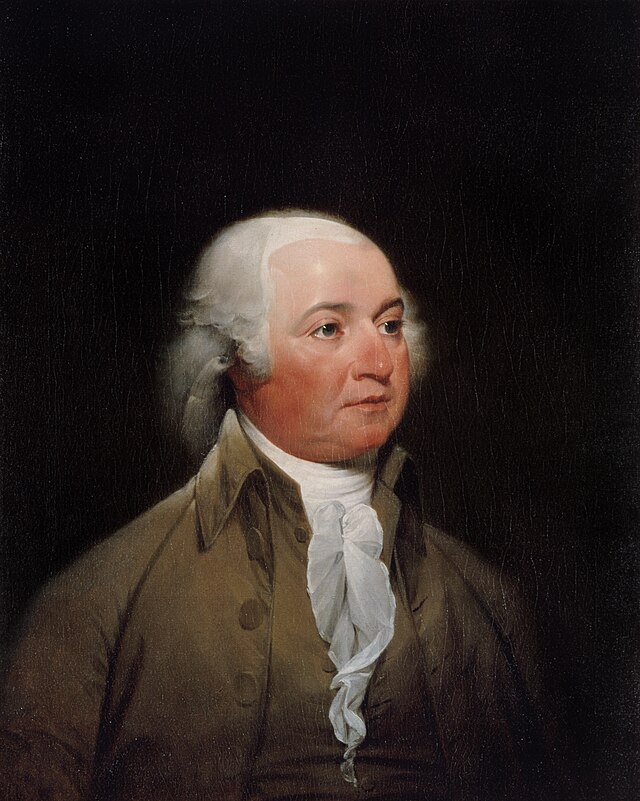
1917 – Believing his films were dangerous for the country, Hoover launched an investigation into Charlie Chaplin that spanned decades and amassed a 1,500-page file.
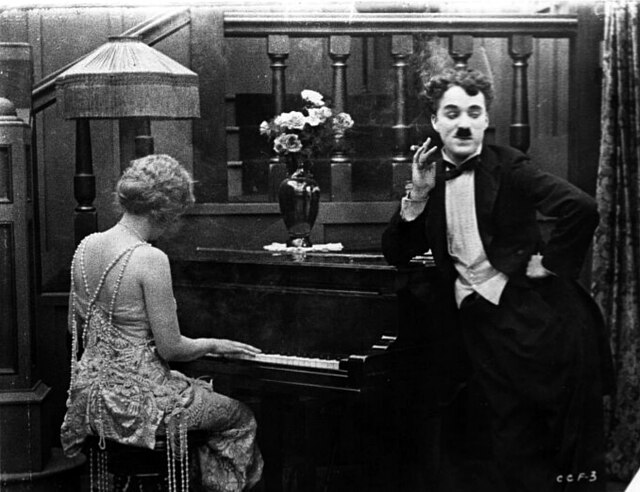
1917 – During WWI, Congress passed the Espionage and Sedition Acts to crack down on anti-government speech.
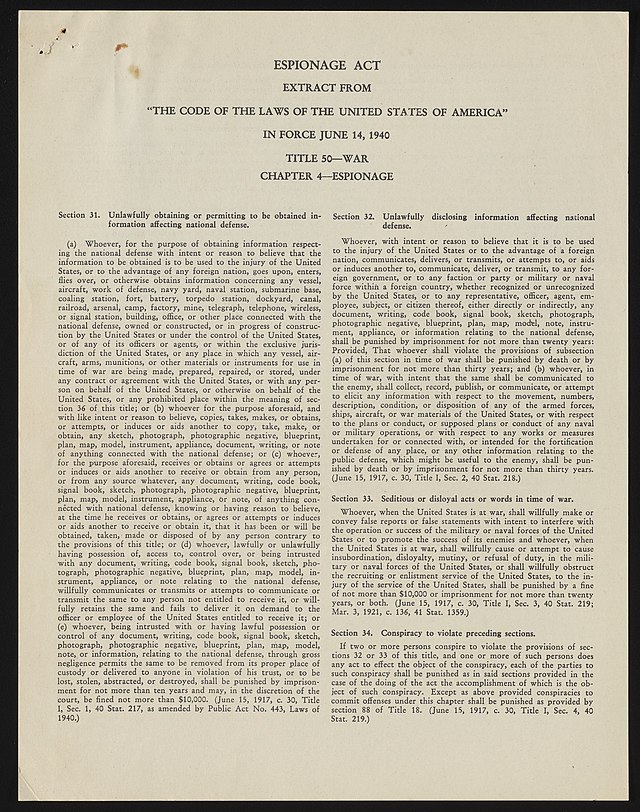
1918 – Socialist and IWW leader Eugene Victor Debs publicly opposed the war and was jailed by the government for sedition.
1921 – Congress made amendments to the Espionage Act, but kept many provisions in place.
1925 – The Supreme Court upheld the conviction of school teacher John Thomas Scopes for teaching evolution in Tennessee public schools.
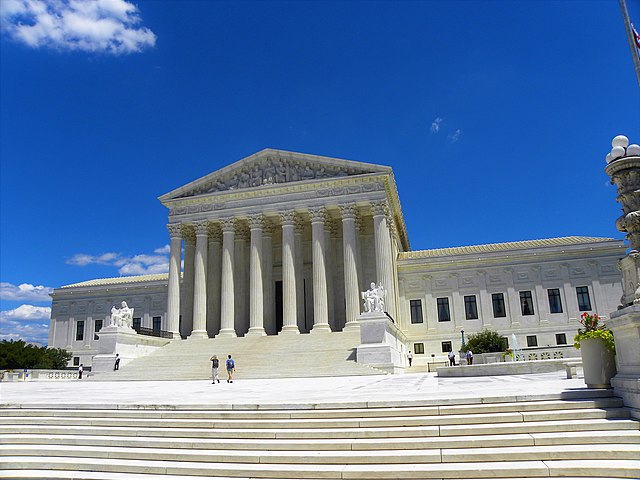
1933 – President Franklin D. Roosevelt pardoned all convictions under the Espionage and Sedition Acts.
1938 – Life magazine was banned for publishing pictures of “The Birth of a Baby,” a public health film.
1947 – In Chaplinsky v. New Hampshire, the Supreme Court defined “fighting words” as those which intended to inflict injury or immediately disrupt the peace.
1947 – McCarthyism began to ramp up as many were silenced and robbed of their livelihoods for being anti-American, including Trumbo, screenwriter for hit movies including Roman Holiday starring Gregory Peck and Audrey Hepburn.
1952 – Charlie Chaplin was investigated by the FBI and deported from the U.S. for his ‘anti-Americaness.’
“I believe in liberty – that is all my politics.” Charlie Chaplin
1954 – The CIA covertly bought the rights to George Orwell’s Animal Farm and financed an animated version that altered major plot points and the ending to “combat the culture of communism.”

“If large numbers of people are interested in freedom of speech, there will be freedom of speech, even if the law prohibits it; if public opinion is sluggish, inconvenient, minorities will be persecuted, even if laws exist to protect them.” George Orwell
1960 - After a trial that many criticized as a miscarriage of justice, comedian Lenny Bruce was convicted of obscenity and sentenced to 4 months in jail. Fearing legal backlash, nightclubs blacklisted him. After his death, Bruce was considered the Jesus of comedy, a martyr who paved the way for George Carlin, Richard Pryor, Eddie Murphy, and many others.
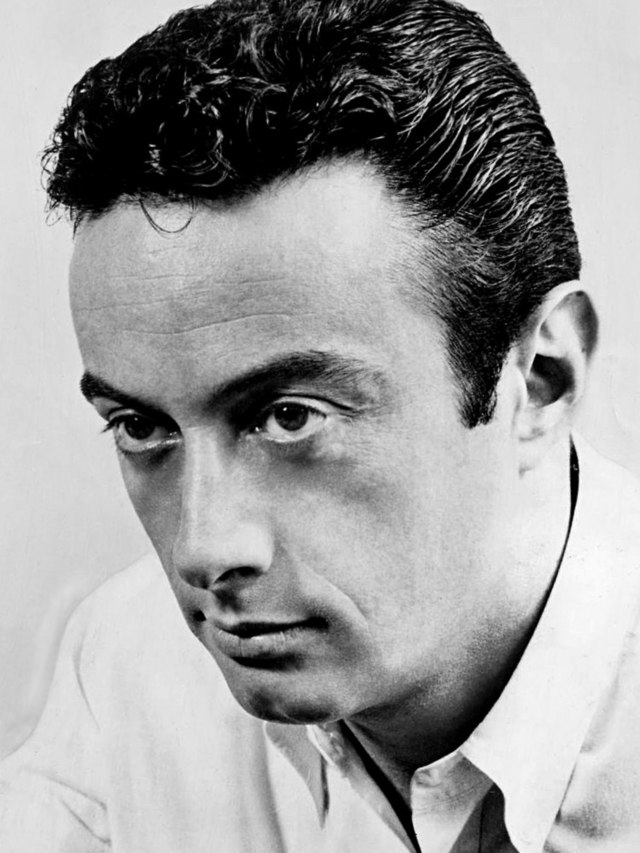
1967 – Producers of the Ed Sullivan Show told The Doors to change the lyrics of their hit song from girl we couldn’t get much higher to girl we couldn’t get much better. In the first and only performance by the psychedelic rock band on the show, Jim Morrison refused to be censored and sang the original lyrics of Light My Fire.
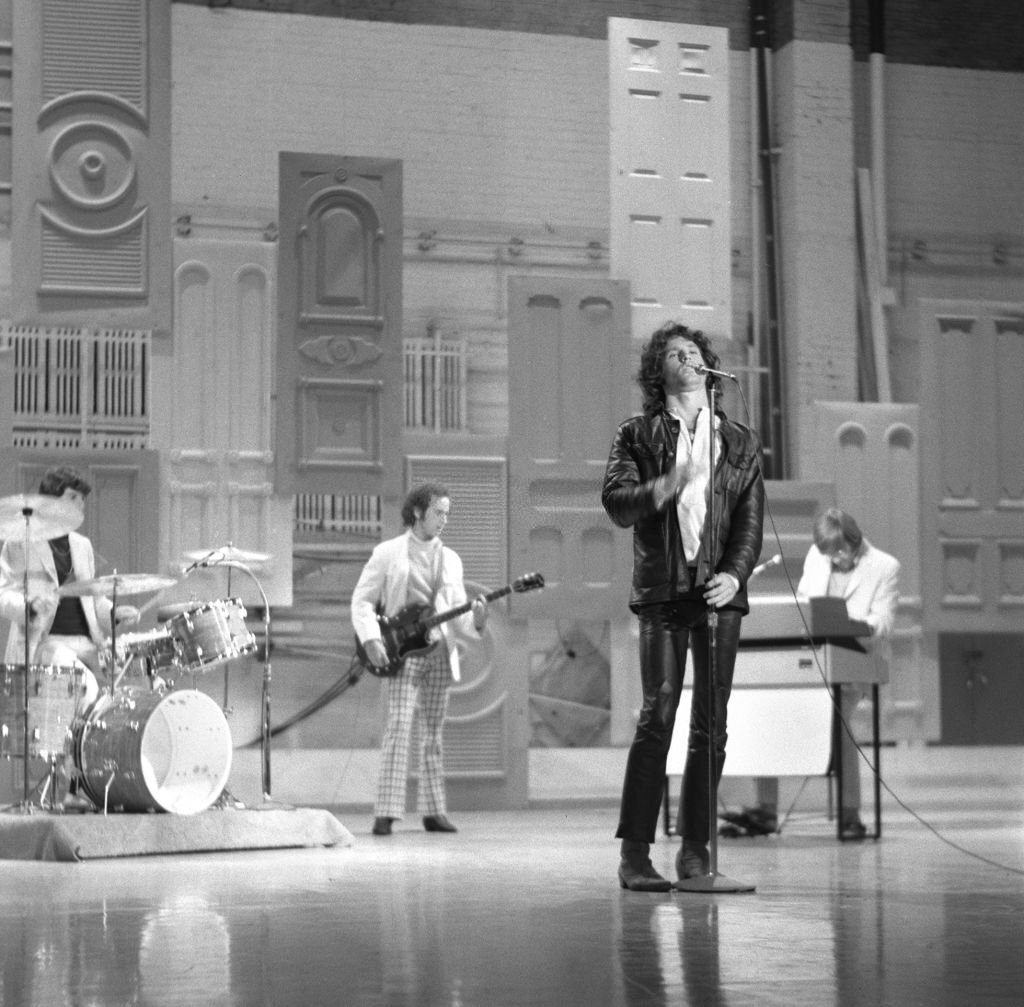
1968 – The Motion Picture Association of America was established (MPAA).
1969 – In Tinker v. Des Moines, the Supreme Court decision set a precedent when they ruled that Tinker could wear a peace sign armband protesting the Vietnam War.
1971 – The Supreme Court upheld that newspapers could publish the Pentagon Papers.
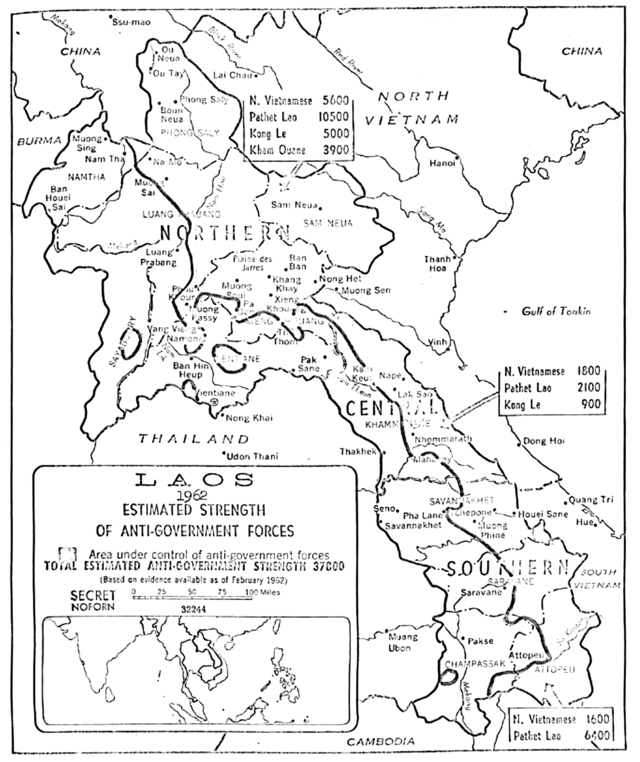
1978 – In a landmark ruling, the Supreme Court approved the banning of seven dirty words on TV, which were spoken by George Carlin in his 1972 stand-up performance and led to his arrest.
“After they have ‘cleaned up’ the content of artistic expression, they will begin to ‘clean up’ the content of political expression. Maybe then we’ll become concerned.” George Carlin
1983 – PMRC (Parents Music Resource Center) was formed by four women known as the Washington Wives – Tipper Gore, Susan Baker, Pam Howar, and Sally Nevius.
1985 – At the Sept 19th Senate hearing, Tipper Gore demanded that record labels put parental advisory labels on albums or be banned from the radio. John Denver, Frank Zappa, and Dee Snider passionately defended artistic freedom in their testimonies.
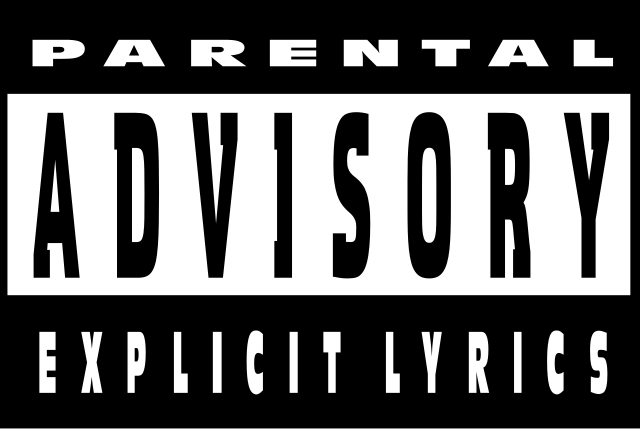
“In a world with major pollution and guns ablaze, they have to pick on someone using foul language.” Johnny Rotten from The Sex Pistols
1987 – Parental Advisory labels were adopted by the Recording Industry Association of America.
1988 – In the case of Hustler Magazine Inc. v Falwell, the Supreme Court decided in favor of publisher Larry Flynt, a landmark ruling that protected satirical parodies of public figures under the First Amendment.
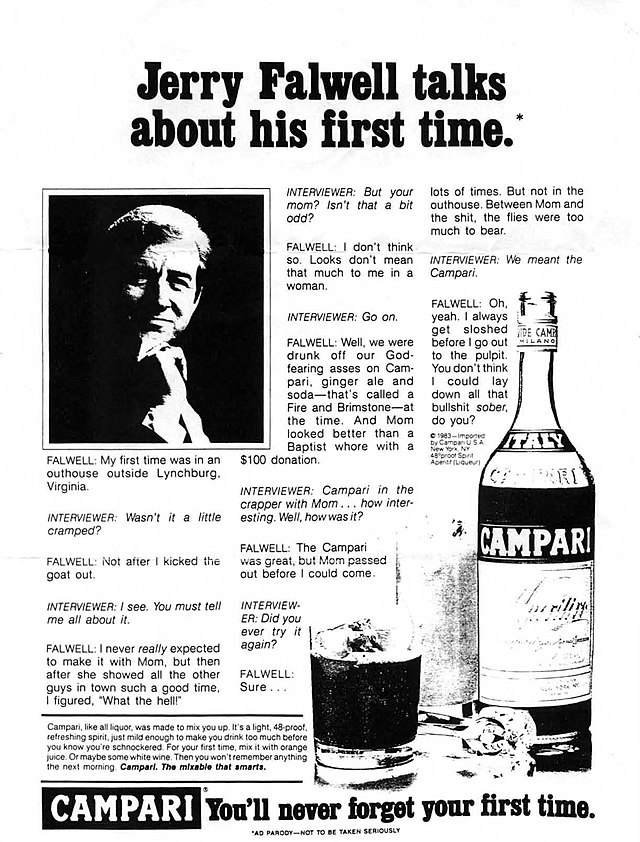
1990 – “Banned in the USA” by 2 Live Crew was the first album to feature the black and white parental advisory label.
1993 – Bill Hicks’ performance was banned from The Late Show because David Letterman thought the jokes weren’t suitable for a national audience. Three months later, Hicks died at 31 from pancreatic cancer.
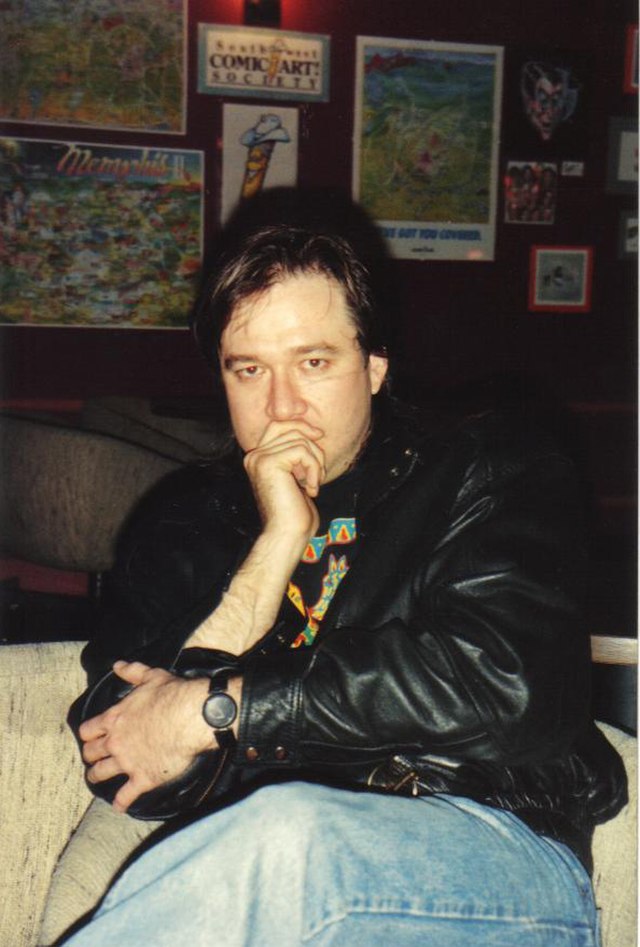
1993 – The United Nations proclaimed May 3rd as World Press Freedom Day.
2001 – The Patriot Act gave sweeping authority to law enforcement agencies to conduct secret searches, surveillance of telephone and internet communications, and acquisition of private records without probable cause.
2001 – Percentage of Americans who believed that The First Amendment goes too far:
- before 9/11 – 20%
- after 9/11 – 50%
2005 – The board of regents at the University of Colorado began a two-year investigation into ethnic studies professor Ward Churchill after his 9/11 essays resurfaced on the Internet.
2005 – In a Gallup Youth Survey of 16 to 17-year-olds, 84% said that warning labels did not affect their decision to buy a CD.
2006 – On March 9th, President Bush signed the USA Patriot Improvement and Reauthorization Act, making most of the provisions of the original Patriot Act permanent and further bolstering the power of the government to monitor citizens.
2006 – David Horowitz of the ACTA was compared to Senator Joseph McCarthy when he published his controversial book 101 Most Dangerous Academics in America.
2007 – The Supreme Court ruled against Chase Andrews, a high school student at Poway High, deciding that his “homosexuality is shameful” t-shirt was hate speech.
“Free speech is important because then you know who the idiots are.”
2007 – After his 9/11 essays resurfaced on the internet, Professor Ward Churchill was investigated for two years and later found guilty on seven counts including misrepresentation, fabrication, plagiarism, and failing to comply with established standards of research.
2009 – 16 years after he censored Bill Hicks, Letterman apologized to the late comic’s mother in an interview and aired the banned set on his show.
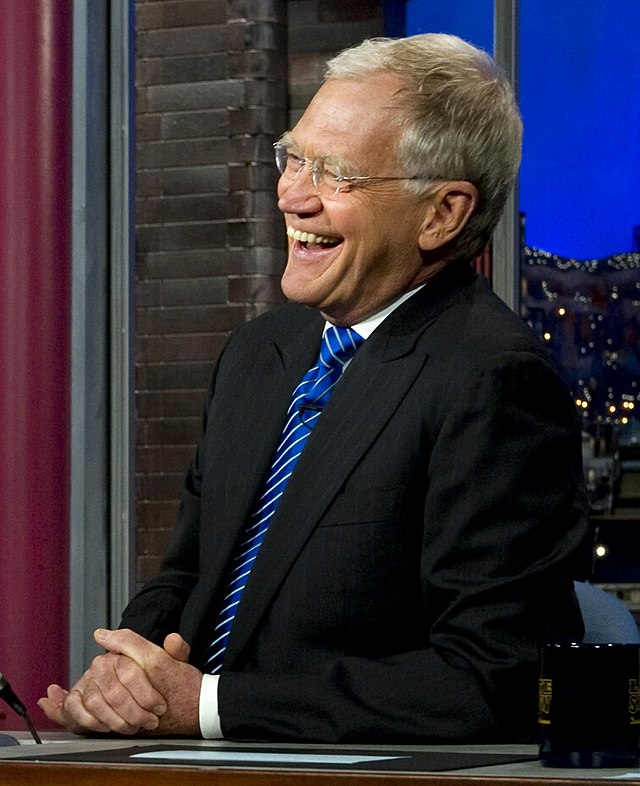
2009 – On April 2nd, a jury decided that the University of Colorado had wrongfully terminated Professor Ward Churchill.
2011 – In Snyder v. Phelps, the Supreme Court ruled that the Westboro Baptist Church protest at the funeral of Marine Matthew Snyder was protected under the First Amendment.
2015 – A Pew research study reported that 40% of college students believe the First Amendment is dangerous because it might hurt someone’s feelings.
2022 – On April 22nd, the European Parliament approved the Digital Services Act (DSA) to regulate illegal content and protect privacy online. Critics argued that the vague rules and government overreach would stifle innovation and the flow of information.
2022 – In November, a federal judge blocked Florida’s Stop W.O.K.E. Act, ruling that it violates the First Amendment by discriminating against speech based on viewpoints.
2023 – In January, the New Delhi government ordered the removal of the BBC documentary India: The Modi Question, from social media, including X (formerly know as Twitter) and YouTube.
2023 – Florida Governor Ron DeSantis introduced a bill in March that would require political bloggers to register with the state or face fines up to $2,500.
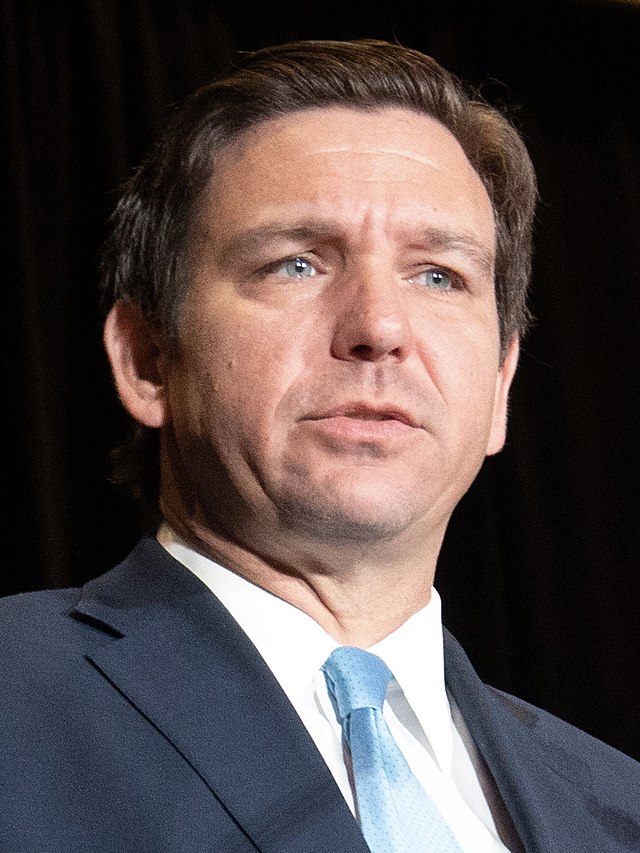
War of the Words
The history of free speech in the U.S. is a wild roller coaster ride and miraculously, the First Amendment is still hanging in there, although it did get shivved a few times on the way to the forum.
